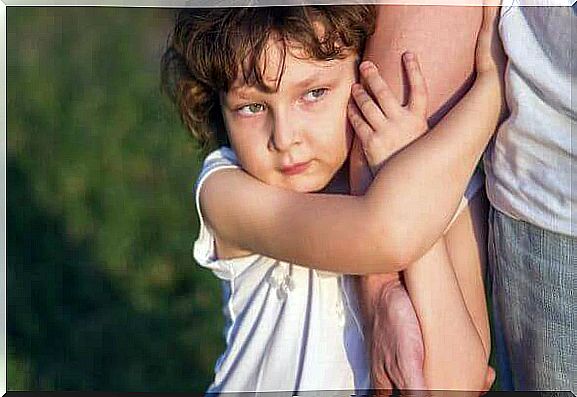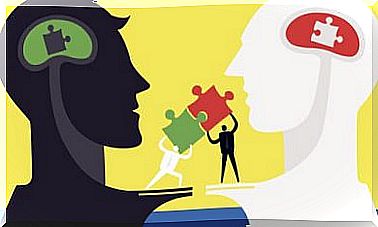A Positive Development Sometimes Means Frustrating Desires

A two-year-old reaches out and points to the package of cookies on the table. His father, with his best intention, approaches him. Why should this child struggle to say a word if he can only reach out for the cookies?
If children are able to satisfy their wants and needs by pointing instead of using words, crying instead of speaking, or by force instead of reason, their development is limited, as is the possibility of generating strategies to adapt to the new situations. That is why it is so important that they feel that feeling of frustration as a result of not knowing what to do or how to get what they need to awaken their ingenuity and seek new strategies and tools.
A positive development from an early age implies that parents, at times, generate a certain sense of frustration in their children that serves as an impetus to continue growing. In this way they will have to strive to discover the ideal way to overcome the challenges that arise as well as the achievement of their objectives.
Thus, the optimal development of the youngest requires the involvement and work of parents, a joint effort that is far from always satisfying children’s wishes.
The Overprotection Trap
Parents who do not tolerate their children’s tantrums and give in to their requests; those who give everything because they think it will make them happy and those who mistakenly believe that their children are too young to have responsibilities run the risk of not promoting positive development in their children. Because even though they think they are protecting them, what they are doing is cutting off their wings.

Overprotection means that children have everything they want when they want. They feel sheltered, surrounded by facilities and without finding a reason to move forward or discover new situations. Overprotection does not help children explore, make mistakes and discover what reality is like, on the contrary. Overprotection is one of the barriers to positive development.
Children need a no, as well as discovering for themselves what tools and skills are to help them calm down. They need to develop their capacity for ingenuity and exploration, searching for alternatives and making decisions. If we make it easy for them, it will be difficult for them to do so. Now, first we will have to teach them and give them examples so that later they will be able to internalize them and make them their own.
It is very important that children have responsibilities according to their ages and their development and also, they must be recognized for their merits. Just as we educate them in responsibility and respect, they also have the right to feel valued and loved. And of course, they have the right to know that a mistake is not a punishment or the worst thing that can happen to them but a learning opportunity.
The importance of showing reality from a young age
If we make children understand that their wishes cannot always be fulfilled, that there will be times when other children do not want to play with them or that other people’s toys are not theirs, we will be bringing them closer to the reality of life. The one in which everything cannot be achieved just because we want it or so we want it. Children have to learn the difference between expectations and reality. Like the importance of certain skills such as patience and effort.

Sometimes the reality is harsh and you have to understand it little by little, year after year and according to the level of development. Healthy adults are children who have had a positive development, a development that has implied frustration and that has allowed them to mature emotionally.
Parents have the wonderful and hard work of creating healthy adults by promoting positive and optimal emotional development in their children. To do this, they have to let the children explore, find their balance and of course make mistakes so that they can reflect. The future of today is in the little ones. Let’s not forget it.









